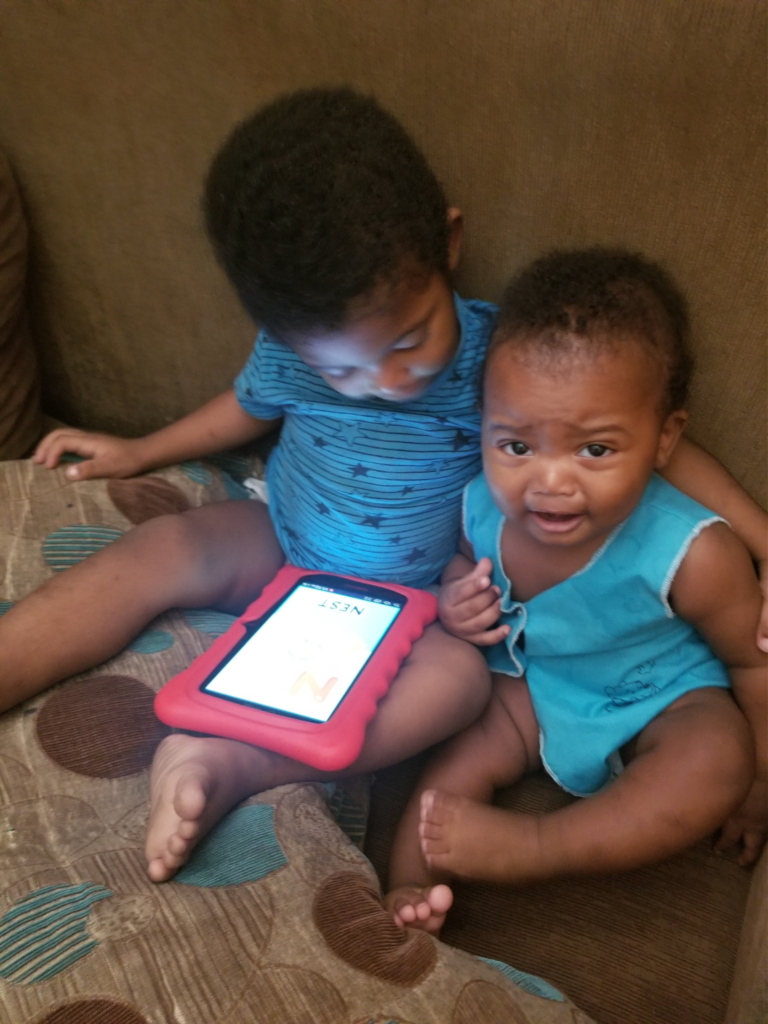
Welcoming a new life into the world is a profound experience, but for some mothers, the joy of motherhood can be clouded by postpartum depression and anxiety. In my journey as a mother of five children, I faced the challenges of postpartum depression, especially after the birth of my fourth baby boy. The lack of an instant bond and difficulty getting him to latch on to my breast amplified my feelings of sadness and guilt. I struggled with overwhelming emotions, irritability, and intrusive thoughts, feeling like I was all alone in my struggles. But, through my journey, I discovered effective strategies to cope with postpartum depression and anxiety, and I want to share these tips with you today.
-
- Reach Out for Support: One of the most crucial steps in dealing with postpartum depression and anxiety is to break the silence and seek support. You may feel like no one can understand what you’re going through, but reaching out to your spouse, family, or close friends can make a significant difference. Share your feelings openly and honestly, and don’t be afraid to ask for help. Remember, you are not alone, and support is available.
2. Seek Professional Help: Talking to a mental health professional, such as a therapist or counselor, can provide you with a safe space to explore your emotions and experiences. They can help you understand and manage your feelings of sadness, guilt, and anxiety. Additionally, a professional can provide coping strategies tailored to your unique situation, and if necessary, they may recommend medications to help you through this challenging time.
3. Connect with Other Mothers: Joining support groups for mothers experiencing postpartum depression and anxiety can be incredibly beneficial. Being around others who have been through similar experiences can create a sense of understanding and validation. You can share your feelings without judgment and gain insights into how others have coped and healed.
4. Embrace Self-Care: Taking care of yourself is vital during this time. Carve out moments in your day to engage in activities that bring you joy and relaxation. Whether it’s reading a book, taking a walk, having your quiet time with God, or enjoying a warm bath, self-care can help restore your emotional well-being and give you the strength to cope with the challenges of motherhood.
5. Involve Your Spouse: Don’t hesitate to open up to your partner about your struggles. While they may not fully comprehend what you’re going through, their support and understanding can make a significant difference. Encourage them to learn about postpartum depression and anxiety so that they can be more empathetic and supportive.
6. Accept Your Feelings: Remember that having these feelings and thoughts is okay. Postpartum depression and anxiety are common and do not make you a bad mother. By accepting your emotions without judgment, you can begin the process of healing and recovery.
7. Establish a Routine: Creating a daily routine can add stability to your life during this tumultuous period. A routine provides a sense of predictability and can help you manage overwhelming emotions more effectively.
Bonding Techniques: Creating a strong bond with your baby might take time, and that’s okay. Here are some bonding techniques that can aid in building a meaningful connection:
-
-
-
- Skin-to-skin contact: Spend time holding your baby close to your chest, which can promote feelings of warmth and security for both of you.
-
- Eye contact and talking: Look into your baby’s eyes and speak soothingly to him. Your voice can have a calming effect on your little one.
-
- Baby massage: Gentle massages can be a soothing way to bond with your baby and promote relaxation.
- Babywearing: Using a baby carrier can keep your baby close to you while allowing you to engage in daily activities. Overcoming Breastfeeding Challenges: Breastfeeding challenges can add to feelings of frustration and guilt. Here are some tips to help you and your baby during this phase:
-
-
-
- Seek assistance: Reach out to a lactation consultant or a breastfeeding support group to address any latching issues.
-
- Try different positions: Experiment with various breastfeeding positions to find the most comfortable one for you and your baby.
-
- Pumping and bottle feeding: If latching remains difficult, consider pumping breast milk and using a bottle. Remember, breastfeeding is recommended for the first six months, and what matters most is that your baby receives proper nourishment.
-
-
Dealing with postpartum depression and anxiety is challenging, but remember that healing is possible with the right support and strategies. Reach out for help and embrace self-care! You are not alone in this journey, and with time and support, you will find joy and fulfillment in motherhood once again.